Like humans, dogs can develop allergies to numerous things, including food! To identify the best dog food for dogs with food allergies, you must first understand what food allergies are and what causes them.
In contrast, food “intolerance” does not affect the immune system and can happen with the first exposure to a particular food. However, both reactions have similar signs and may be hard to tell apart without veterinary advice.
Reasons for Allergies in Dogs
If your dog suffers from allergies, it can make them miserable! Just like humans, dogs can have allergic reactions to various things, from environmental allergens like pollen, dust, mold, or grass to food allergens. Unfortunately, it can be challenging to determine which allergens your dog is reacting to.
Your vet can offer suggestions on ruling out common allergens to get to the bottom of your dog’s allergies.
If you and your vet conclude it is a food-based allergy causing your dog to suffer, the best treatment is to eradicate the ingredients causing the allergy from your dog’s diet.
Signs of Allergies in Dogs
If your dog is suffering from allergies, it may be showing some of the following symptoms:
- Chronic ear infections
- Scabs or rashes on the skin
- Red, inflamed skin
- Sneezing
- Itching
- Gastrointestinal problems (diarrhea, vomiting, excess gas)
How is a Food Allergy Analyzed in Dogs?
A food trial using hypoallergenic dog food is the only reliable way to diagnose dog food allergies. Hydrolyzed protein or a novel protein source are two ways to do this.
A “novel” protein source is relatively new to the dog, lessening the chance of an immune reaction. Moreover, the diet should include a novel, single source of carbohydrates because plants also contain protein.
Hypoallergenic dog food choices include potato and venison, duck and pea, salmon, or even kangaroo, as long as the dog hasn’t been exposed to these components.
Lamb used to be believed to be hypoallergenic but is now in so many commercial dog foods that it is no longer novel.
Hydrolyzed diets are made when complete animal proteins are broken down into tiny molecules that the immune system should not be capable of recognizing as allergens, effectively eradicating the case of an adverse food reaction. Starch or rice are generally used as carbohydrate sources as they are rarely associated with allergic responses.
It doesn’t matter what kind of hypoallergenic dog food is utilized must be fed for a minimum of 8-10 weeks to evaluate the dog’s response satisfactorily.
Most dogs experience partial progress in their food allergy signs within the first 4-6 weeks. Still, several dog breeds (including Cocker Spaniels and Labrador Retrievers) may need a more extended response period.
Feeding only hypoallergenic dog food is essential, and avoiding other treats, nutrition, and even flavored medications like chewable heartworm preventives, antibiotics, and pain relievers.
Once the food allergy has been analyzed using hypoallergenic dog food, a challenge must be conducted to confirm the diagnosis. The signs should return within two weeks when the actual diet is fed.
Following confirmation of the food allergy, single-source ingredients (e.g., slices of chicken or a sprinkling of wheat) may be added to the hypoallergenic dog food to determine which components must be evaded in the future.
Read Also: Types of Dog Food – 8 Best Dog Food Brands in India
The Best Dog Food for Allergies
Useful supplements
Good dog food for allergies doesn’t just go out allergens—it contains health-supporting supplements like probiotics, fiber, or minerals.
Gentle ingredients
Dogs with sensitive skin and stomachs may respond to ingredients in their food. Non-irritating components help lessen reactivity to help your dog feel better after meals.
Value and Quality
The best dog food for allergies should have beneficial and non-irritating components and be affordable.
Switching to a new diet is an excellent choice for dogs with allergies. In addition, many pet parents report that changing to a new diet reduces their pet’s allergy problems.
Dog Food Allergies vs. Food Intolerance
It’s also essential to note the difference between an allergy and an intolerance. For example, suppose your dog cannot tolerate a specific type of food, such as lactose. In that case, your dog lacks the digestive enzyme essential to digest that food properly, and gastrointestinal problems, like vomiting and diarrhea, may result. On the other hand, allergy is an immune response.
When your dog comes into connection with something he’s allergic to, his immune system goes into overdrive, attacking the allergen, resulting in itching, skin problems, or hair loss. If your dog is suffering from a food intolerance rather than a food allergy, then hypoallergenic dog food is doubtful to aid. We suggest you call your veterinarian to get the best possible solution for your pet.
Is Grain-free Dry Dog Food for Allergies Effective?
Grains have had a poor reputation for some time, and most high-quality grains are harmless for dogs. However, when choosing dry dog food for a puppy with allergies, avoiding common proteins, preservatives, and milk is more important than eradicating all-grain wholesale. Moreover, dogs need some grains in their diet.
Read Also: 10 Best Dog Foods: Choosing What’s Right Food For Your Puppy
Other Allergies Dogs Experience
Like humans, dogs can be allergic to environmental factors like dust, mold, pollen, etc. These are usually called environmental, airborne, or seasonal allergies. These allergies may open up more during specific times of the year and most often affect a dog’s ears, paws, and gaps where allergens may get stuck (like between the toes).
How Can a Change in Diet Improve Your Dog’s Airborne Allergies?
While environmental allergies do not result from your dog’s eating, having a higher-quality diet can enhance your dog’s signs. In addition, when you keep your dog’s fur and skin healthy, the improved diet can better block the allergens from coming in contact with your dog’s skin.
Moreover, supporting your dog’s immune system can lessen the risk of secondary infections caused by chewing and scratching. Look for these ingredients in the best dry dog foods for allergies induced by environmental triggers:
- Important fatty acids (omega 3s, 6s, and 9s)
- Vitamin A
- Flaxseed
- Zinc
- Vitamin D
- Vitamin B2 or Riboflavin
- Vitamin H (or Biotin)
You can also try to switch your pet to a highly digestible, high-protein diet with specific, natural ingredients. Check out these reasons to get the best food choices for dogs with Allergies.
Conclusion
When selecting dog food for allergies, opt for hypoallergenic formulas with limited ingredients, avoid common allergens, and consult your veterinarian for personalized advice. In addition, you can manage your dog’s allergies effectively with proper nutrition and monitoring.
FAQs
Q. What should I consider when choosing dog food for allergies?
A. Look for dog food labeled as hypoallergenic or specifically formulated for dogs with allergies. Consider the ingredients, avoiding common allergens such as wheat, corn, soy, and artificial additives.
Q. Are there specific ingredients I should look for in hypoallergenic dog food?
A. Look for limited-ingredient diets with novel protein sources like lamb, duck, or salmon and easily digestible carbohydrates like sweet potatoes or peas.
Q. Can grain-free dog food be beneficial for dogs with allergies?
A. While grain-free diets can be an option, allergies are typically caused by specific proteins rather than grains. Consult with your veterinarian to determine the best approach for your dog.
Q. Are there any common allergens that I should avoid in dog food?
A. Common allergens in dog food include beef, chicken, dairy, eggs, wheat, corn, and soy. Avoiding these ingredients can help reduce the risk of triggering allergies.
Q. Should I consult my veterinarian before selecting dog food for my allergic dog?
A. Yes, it is highly recommended to consult with your veterinarian. They can provide guidance based on your dog’s specific allergies and nutritional needs.

 DogExpress
DogExpress


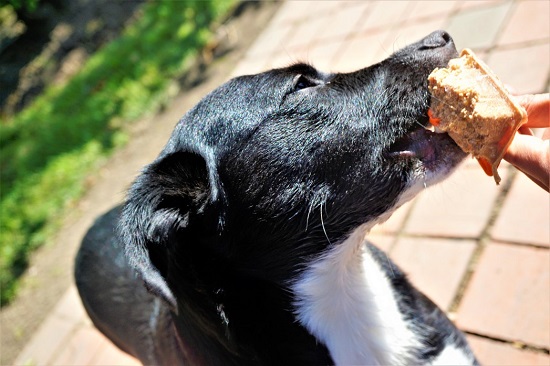
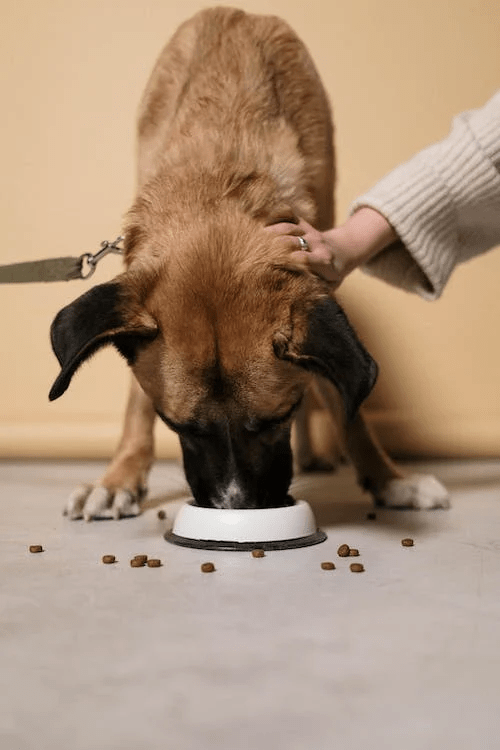
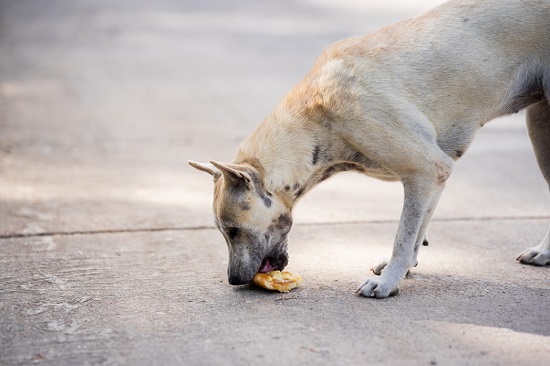
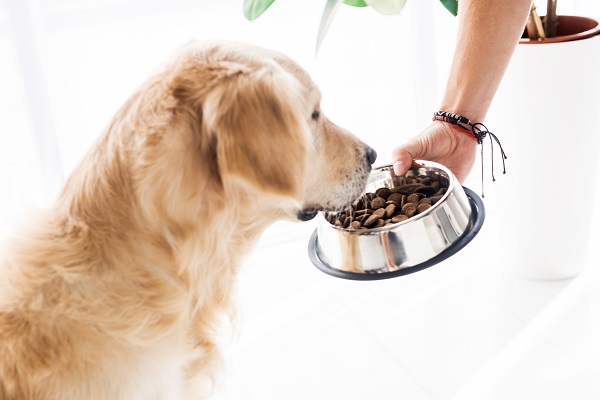

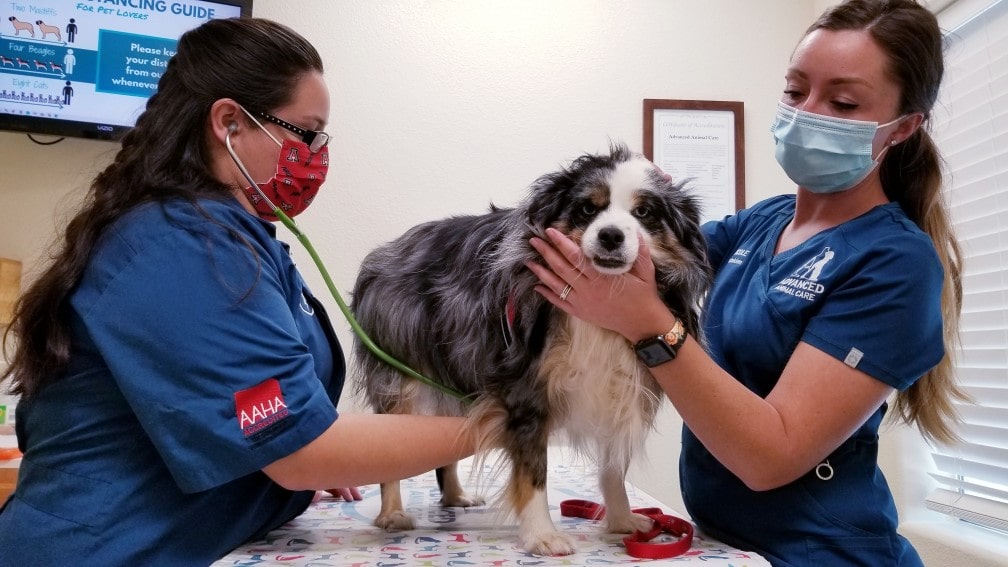















 in Chandigarh, India.
in Chandigarh, India. 
